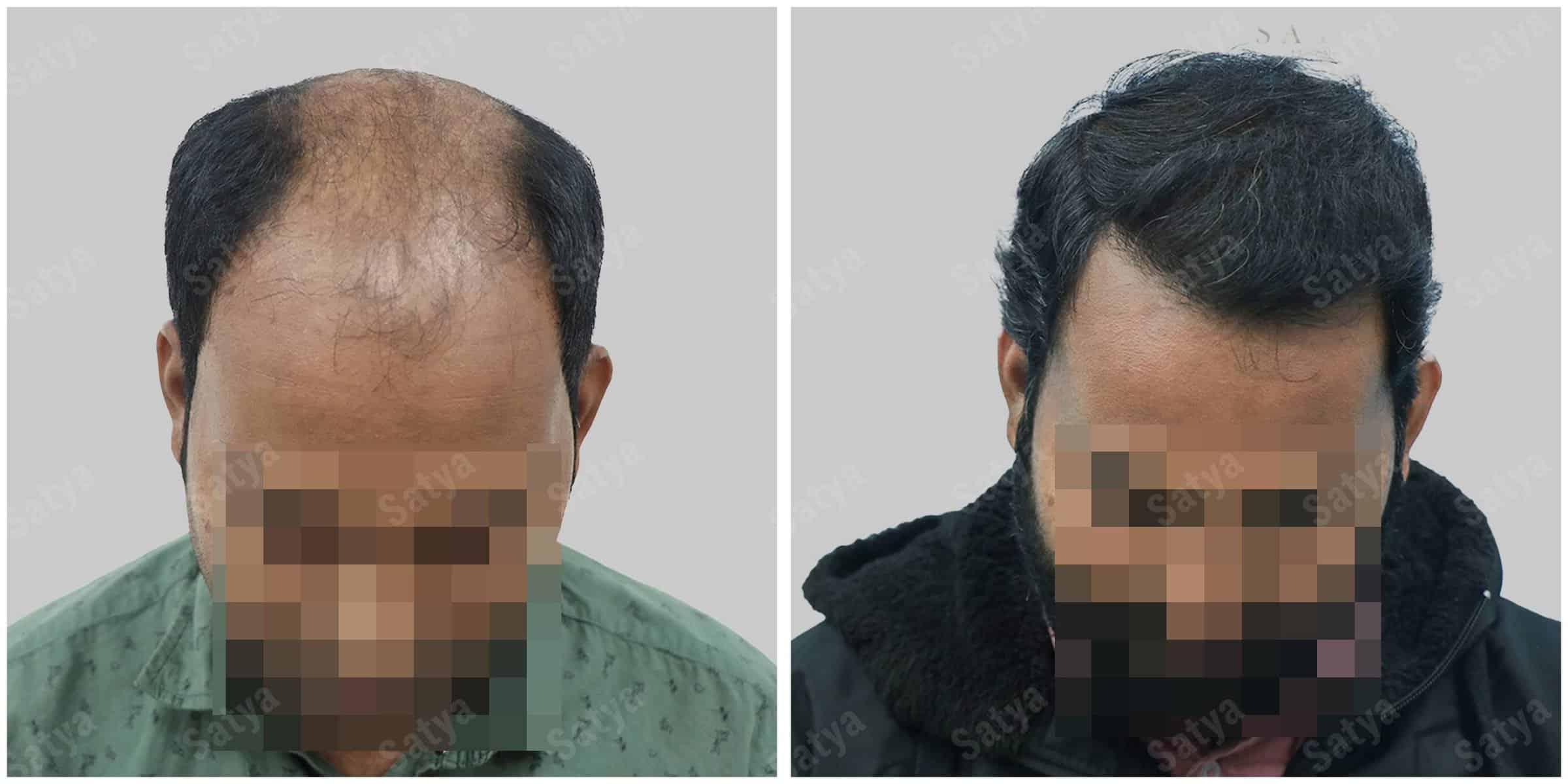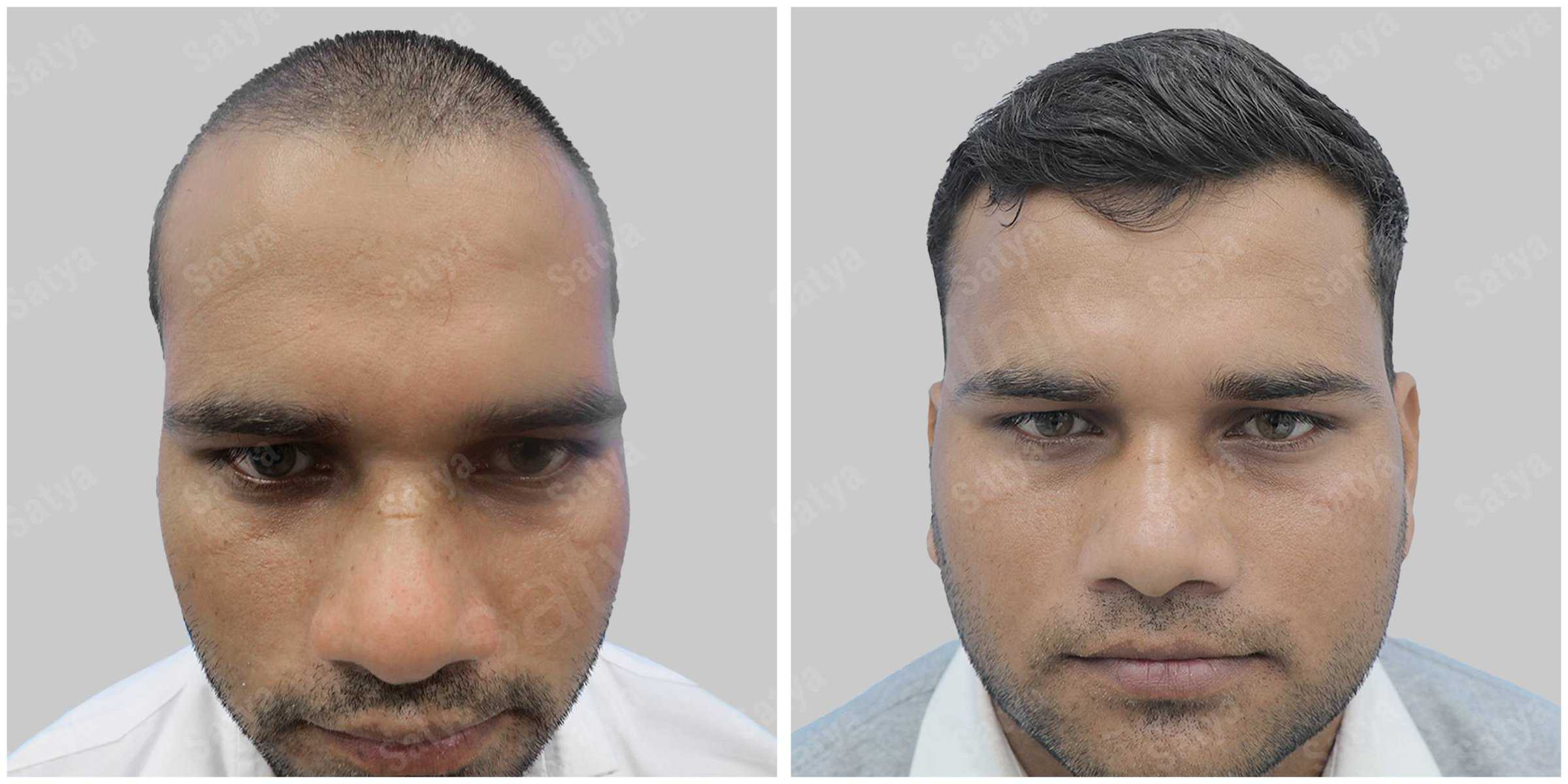Your sense of self-worth is significantly affected by your hair. Thus, as it begins to thin, it could affect your mental and social life.
You may have thought of obtaining a hair transplant to help you feel good again if you’ve noticed that your hair is getting too thin or if you’ve been losing hair over time.
FUE hair transplants are among the most commonly used hair restoration techniques. Over time, this surgery has become more and more popular and successful, earning an average satisfaction rating of 8.3 out of 10.
1. First off, what is a FUE transplant?
Individual follicles are removed from your skin during a FUE (follicular unit extraction)hair transplant and transferred to areas of your body where hair is sparse or absent.
Although a FUT (follicular unit transplantation) treatment uses skin grafts to replace lost hair, this is not the same.
FUE hair transplants are usually more popular than FUTs because of the procedure’s safety and efficacy.

2. Possible Causes of Hair Loss
Here are a few possible causes of hair loss:
Hereditary: Bug hair loss can be passed down from both sides of the family. The main gene for baldness is located on the X chromosome, which is transmitted from mothers.
Ageing: Loss and thinning hair are frequent signs of ageing naturally.
Hormonal changes: These can occasionally be treated and frequently result in loss.
Medical conditions: To restore your hair, you need to get a diagnosis.
Some people accept their hair loss and leave it untreated and undetected. Some may choose to conceal it with makeup, hats, scarves, or hairstyles; others may choose to undergo therapy to stop future hair loss or promote new hair development.
3. What Qualifies You as a Strong FUE Prospect?
Unfortunately, some people may not be a good fit for a FUE hair transplant.
Finding out if you’re a good candidate for a FUE operation involves taking into account several factors, including the source of your hair loss or thinness.
The following are some other elements that the surgeon will consider while making their decision:
- The density and thickness of your hair are important factors that affect the process of receiving transplantation.
- Your ethnicity: The process of getting an Afro-Caribbean hair transplant is more complex.
- Your age: If you’re under 25, it’s possible that your hair loss pattern is still being identified.
- Your health is crucial for speedy and trouble-free recuperation.
4. Research Methods
Researching is a crucial component of getting ready for a FUE hair transplant. The healing process and the outcome will be greatly impacted by selecting the right clinic and surgeon.
- Examine prospective clinics and their offerings.
- Examine evaluations from several sources.
- Find out more about the physicians.
- Obtain a free consultation, which ought to be provided.
These are just a handful of the crucial actions you ought to perform before selecting a surgeon and during them.
To assist you in making the best choice when arranging your treatment, check out our tips on locating the best hair transplant clinic in Gurgaon.
5. The price varies
A few variables will decide how much you should budget for a FUE hair transplant in Delhi. The price will be greatly influenced by your unique hair features, the number of grafts you need, and the complexity of the transplant.
FUE hair transplants typically start at 1,00,000 and go up to 3,00,000 in price. During your free consultation, you should get an idea of the expected cost of the procedure.
It’s crucial to remember that these expenses are often one-time, and the outcomes of your hair transplant should last a lifetime. People may, in extreme circumstances, need more than one hair transplant; however, this is not frequent given modern technology, the appropriate surgeon, and an established clinic.

6. Dangers and Issues
Getting a FUE hair transplant carries many risks and problems, just like any surgical surgery. The following are a few typical negative effects of an FUE procedure:
- Bruising
- Swelling
- Sensitivity
Although these side effects could be difficult, they ought to go away a few days after starting treatment. You should get in touch with the clinic staff or your general practitioner if they don’t get better. Even if the risks can be significantly decreased with the correct surgeon and clinic, it’s crucial to be aware of any potential problems for your health and well-being.
Even though they are rare, you should visit your doctor if you experience any of the following side effects:
- symptoms of an infection, such as puss, discomfort, or redness.
- crust or drainage at the surgical site.
- Unrelenting pain or swelling.
- Follicle expansion, or folliculitis.
- bleeding at the site of the surgery.
- tingling or numbness where the incision was made.
- Unbalanced hair growth in relation to the surrounding hair.
- recurrent thinning or baldness following the transplant.
Following a FUE surgery, recovery ought to be easy and fast. With only small potential side effects, like white scars where the hair follicles were removed, the surgery is thought to be safe.
7. Getting Ready and Afterward
Following a FUE surgery, recovery ought to be easy and fast. Before and after your procedure, you should receive information and advice about recovery from the doctors and the aftercare staff. This will help you learn how to take care of yourself during your recovery and get ready for any adverse effects.
Maintaining communication and monitoring the healing process is important between your surgeon and the aftercare team. The following are some recovery guidelines you should be aware of:
- After treatment, refrain from washing your hair for at least three days.
- For a few weeks after you begin washing your hair, stick to mild, fragrance-free shampoos.
- Take a few days off to aid in your quicker healing and recovery.
- Before you begin brushing or combing your hair, wait at least three weeks.
- Until your doctor tells you otherwise, avoid wearing beanies, hats, or other head-covering apparel.
- During surgery, stay away from intense exercise for at least a week.
Select satya hair solutions to receive a hair transplant
Satya Hair Solutions can assist if you’re thinking about having a FUE hair transplant or if you’d just like more information. By treating a variety of hair loss-causing disorders, we have completely changed how medical professionals provide the greatest outcomes and aftercare. As a patient, you ought to anticipate and rely on care and precision, as these are important to successful surgery and outcomes.
Book an appointment
Consultation

Repair

Blog

Galleries





